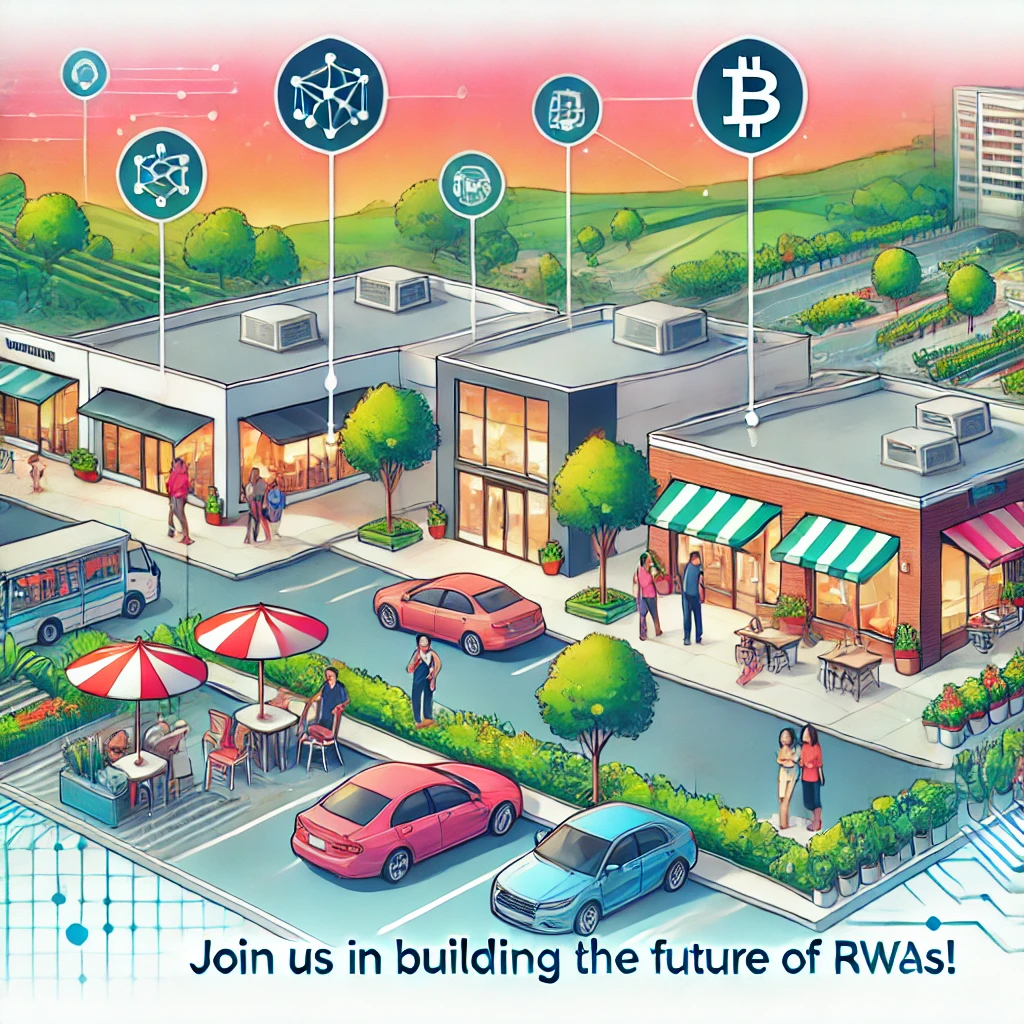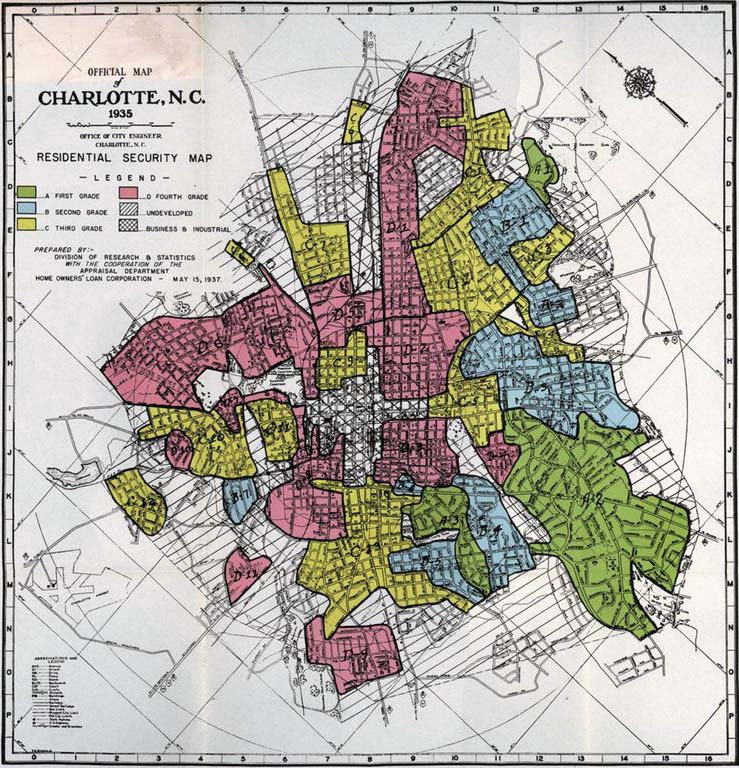Creating Wealth for Redlined Communities
Unlocking Economic Equality
Blockchain technology can create shared wealth and a open economy for redlined communities by enabling transparent, secure, and trusted decentralized networks.
Financial Inclusion
Decentralized Exchanges can provide financial services to individuals who are underserved or unbanked by traditional financial systems. Many people around the world lack access to basic banking services, making it difficult for them to save, invest, or participate in the global economy. Blockchains enable individuals to have a digital wallet and access financial services without relying on traditional banks. This can empower redlined communities to participate in economic activities and potentially generate wealth.

Access to Investment Opportunities
Blockchains offer investment opportunities that were previously unavailable to individuals with limited financial resources. Decentralized Exchanges allow individuals to invest in various cryptocurrencies, participate in Initial Coin Offerings (ICOs), or engage in decentralized finance (DeFi) protocols. These investment avenues can provide opportunities for individuals to grow their wealth and access potentially high-growth assets, even with small amounts of capital.
Small Transactions and Micro-lending
Blockchains facilitate micro-transactions, which are small-value transactions. This is particularly beneficial for underserved communities where traditional banking systems may not cater to small-scale transactions economically. Blockchains can enable micro-transactions at low fees, making it feasible for individuals to engage in peer-to-peer transactions and participate in the economy at a micro level. Additionally, DEXs can support micro-lending, allowing individuals to borrow or lend small amounts of money without the need for intermediaries or complex loan processes.
Wealth Empowerment and Financial Control
Blockchains provide individuals with greater control over their finances. Redlined communities, particularly those facing political or economic instability, may benefit from the ability to store and transfer wealth securely. Cryptocurrencies’ decentralized nature ensures that individuals have direct ownership and control over their funds, reducing the risk of government intervention or asset seizure. This financial empowerment can help the financially excluded to build and preserve wealth over time.
Conclusion
It’s important to note that the adoption and impact of blockchain technology in oppressed communities can be influenced by several factors such as internet access, technological literacy, regulatory frameworks, and infrastructure development. Maximum efforts are required to ensure that education, accessibility, and supportive policies are in place to maximize the potential benefits of blockchain tech for these communities and minimize the potential risks


 English
English 



























